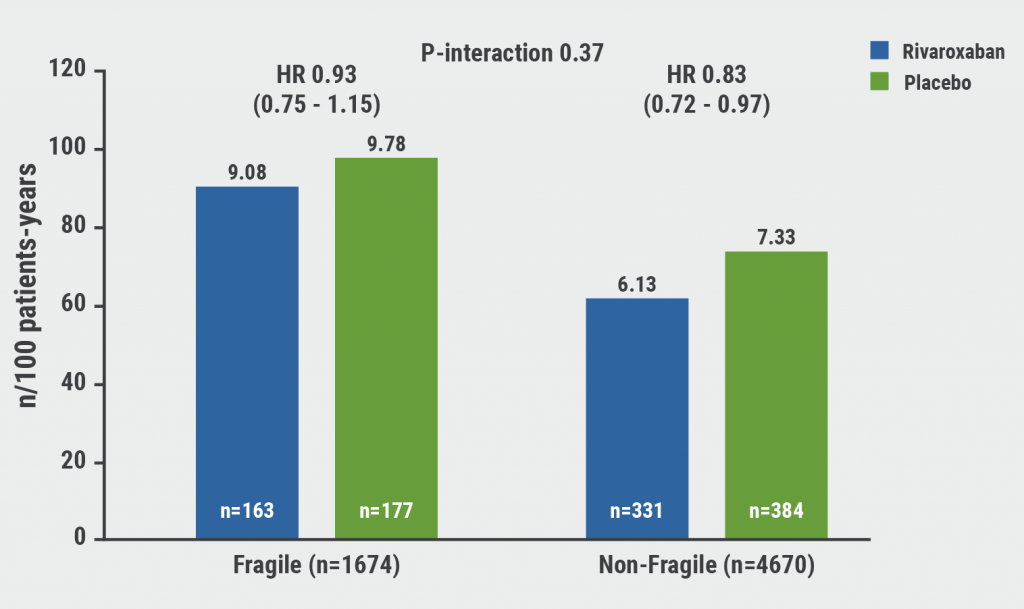The International Society of Hypertension has highlighted the need for population-level initiatives to reduce the global burden of elevated BP. Digital therapeutics is an emerging branch of medicine that utilises technology-based software algorithms or applications. These digital therapeutics could be beneficial in improving BP level and control. To test this, the HERB system was developed, a new interactive smartphone app designed to help users make intensive and consistent lifestyle modifications to reduce BP.
The HERB app includes 6 non-pharmacologic interventions: sleep condition, salt intake, alcohol reduction, exercise, body-weight control, and stress management. Patients in the intervention group measured their BP at home, and doctors were able to monitor the patient´s data on the web and interact with them when necessary.
The prospective, randomised, controlled HERB-DH1 study included participants aged 20 to <65 years who were diagnosed with essential hypertension (i.e. office SBP 140–179 mmHg, and/or DBP 90–109 mmHg). Details regarding the design of the HERB-DH1 study were previously published [3]. The 24-hour SBP of the participants had to be ≥130 mmHg by ambulatory BP measurement at screening. All participants were antihypertensive mediation-naïve for more than 3 months. The digital therapeutics group (n=199) using the app and standard lifestyle modification was compared with a control group (n=191) that received standard lifestyle modification only. Antihypertensive drugs were available if needed according to the guidelines in both groups. The primary outcome was the change in 24-hour systolic BP by ABPM at 12 weeks.
“At 12 weeks, there was a reduction of morning home SBP by 10.6 in the intervention group and by 6.2 in the control group, which was highly statistically significant,” emphasised Prof. Kazuomi Kario (Jichi Medical University, Japan). Although there were marked individual differences in patients´ responses at 12 weeks, patients using the app were generally doing better than those in the control group.
A subgroup analysis revealed that patients benefited from the app independent of age, sex, and BMI. Those with a 24-hour SBP by ambulatory blood pressure monitoring at baseline from ≥145 mmHg had a significantly better effect from the intervention than the others (P<0.001). The app adherence was always >95%. Patients in the app group also lost significantly more body weight and a lower percentage needed antihypertensive medication compared with the control group.
Prof. Kario concluded that the HERB-DH1 study highlighted that digital tools, such as the HERB system, have the potential to contribute to individual-level initiatives for patients with early-stage hypertension by facilitating the implementation and effectiveness of lifestyle modification messages and behaviours.
- Kario K. Efficacy of digital therapeutics for essential hypertension (HERB-DH1 pivotal study). Late-breaking trials in hypertension, ESC Congress 2021, 27–30 August.
- Kario K, et al. European Heart Journal, ehab559. DOI:10.1093/eurheartj/ehab559.
- Kario K, et al. J Clin Hyperten 2020;22:1713–722.
Copyright ©2021 Medicom Medical Publishers
Posted on
Previous Article
« QUARTET demonstrates that simplicity is key in BP control Next Article
Polypill: A successful tool in primary prevention »
« QUARTET demonstrates that simplicity is key in BP control Next Article
Polypill: A successful tool in primary prevention »
Table of Contents: ESC 2021
Featured articles
2021 ESC Clinical Practice Guidelines
2021 ESC Guidelines on Heart Failure
2021 ESC/EACTS Guidelines on Valvular Heart Disease
2021 ESC Guidelines on Cardiac Pacing and Cardiac Resynchronisation Therapy
2021 ESC Guidelines on Cardiovascular Disease Prevention
Best of the Hotline Sessions
Empagliflozin: First drug with clear benefit in HFpEF patients
CardioMEMS: neutral outcome but possible benefit prior to COVID-19
Cardiac arrest without ST-elevation: instant angiogram does not improve mortality
Older hypertensive patients benefit from intensive blood pressure control
Antagonising the mineralocorticoid receptor beneficial for patients with diabetes and CKD
Late-Breaking Science in Heart Failure
Valsartan seems to attenuate hypertrophic cardiomyopathy progression
Dapagliflozin reduces incidence of sudden death in HFrEF patients
Late-Breaking Science in Hypertension
Smartphone app improves BP control independent of age, sex, and BMI
QUARTET demonstrates that simplicity is key in BP control
Salt substitutes: a successful strategy to improve blood pressure
Late-Breaking Science in Prevention
NATURE-PCSK9: Vaccine-like strategy successful in lowering CV events
Polypill: A successful tool in primary prevention
Important Results in Special Populations
VOYAGER PAD: Fragile or diabetic patients also benefit from rivaroxaban
COVID-19 and the Heart
Rivaroxaban improves clinical outcomes in discharged COVID-19 patients
COVID-19: Thromboembolic risk reduction with therapeutic heparin dosing
Long COVID symptoms – Is ongoing cardiac damage the culprit?
ESC Spotlight of the Year 2021: Sudden Cardiac Death
Breathing problems: the most frequently reported symptom before cardiac arrest
Lay responders can improve survival in out-of-hospital cardiac arrest
Related Articles

October 26, 2021
2021 ESC Guidelines on Cardiovascular Disease Prevention
October 26, 2021
CardioMEMS: neutral outcome but possible benefit prior to COVID-19
© 2024 Medicom Medical Publishers. All rights reserved. Terms and Conditions | Privacy Policy

